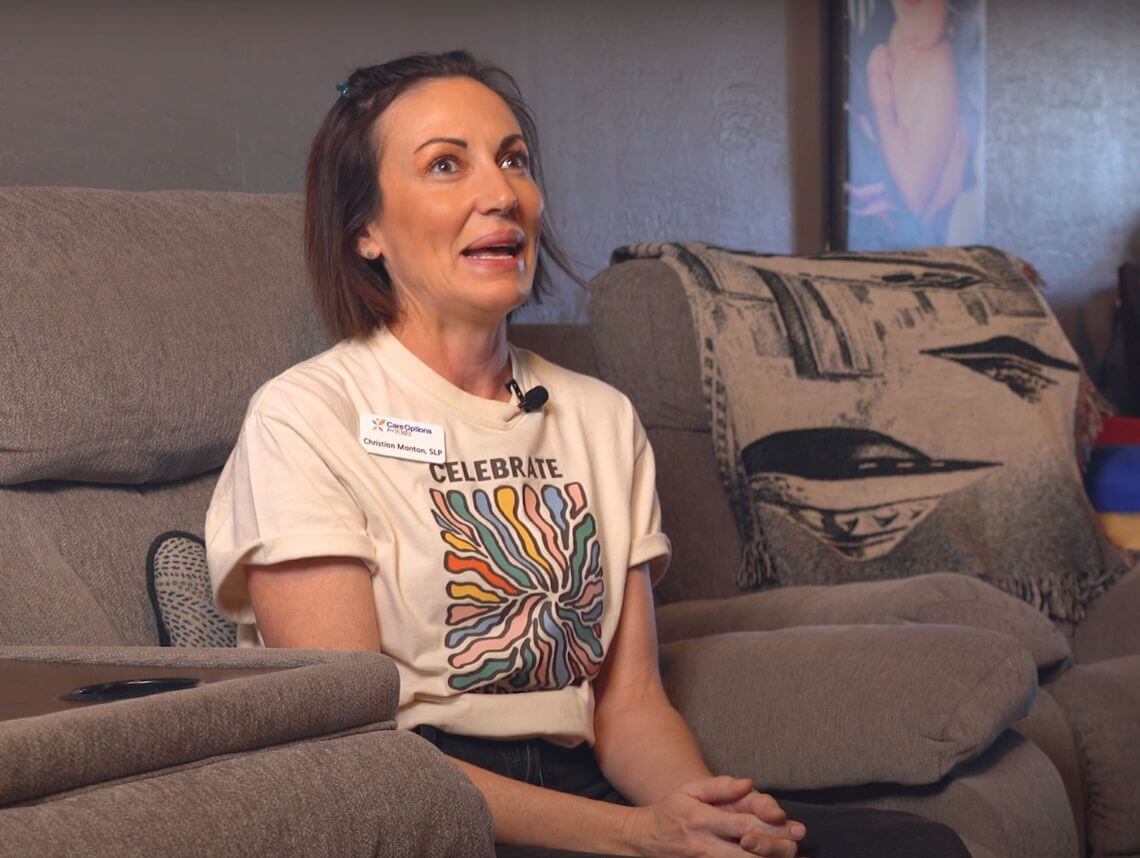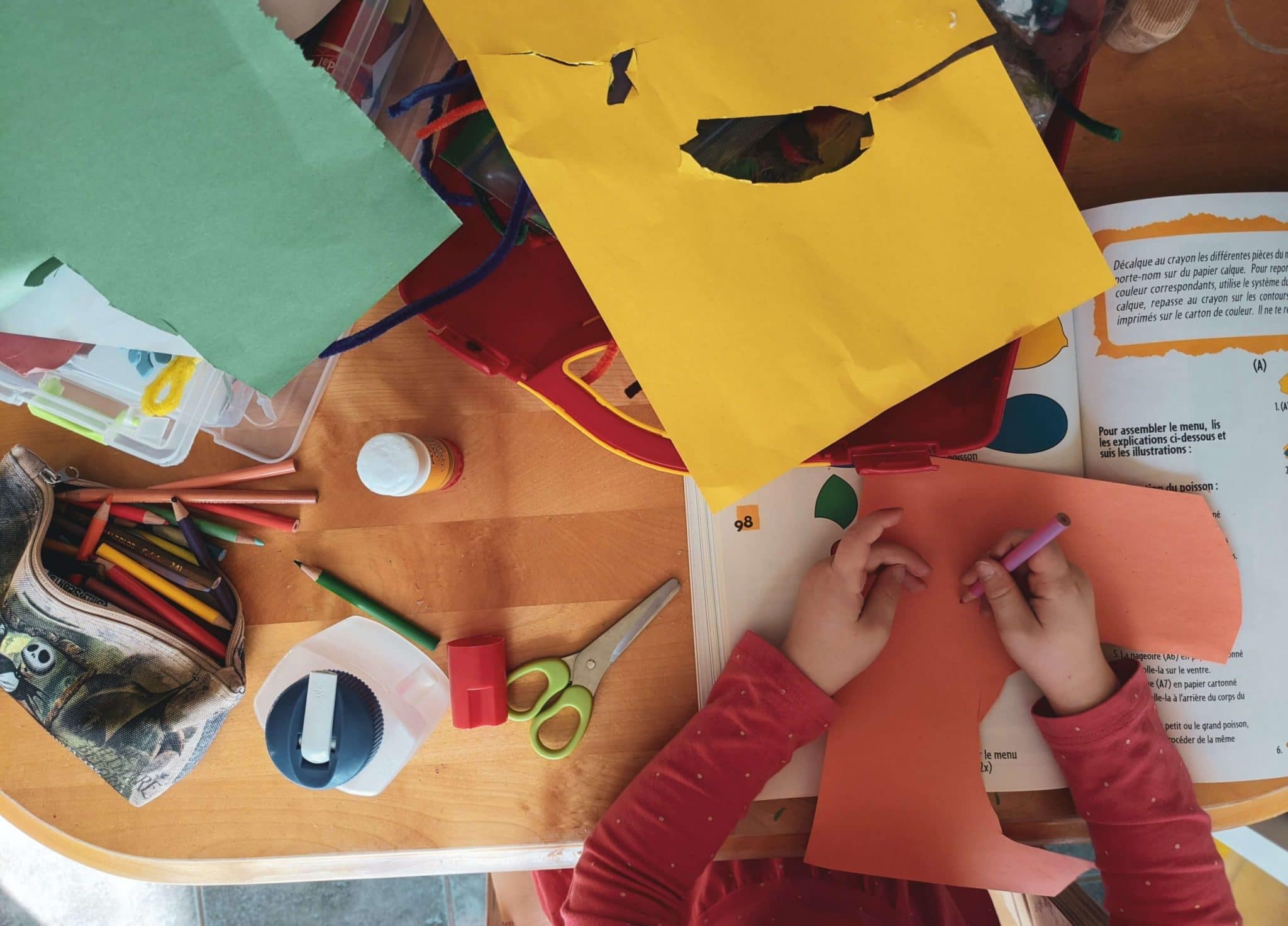Solace Blog
- Activities19
- Autism & Behavioral4
- Community154
- Early Intervention71
- Events & Giving Back20
- Extraordinary Kids22
- Family Caregiver4
- Home Care Therapy60
- News92
- Parent Articles83
- Patient Testimonial21
- Pediatric Therapy76
- Pediatric Therapy Career46
- Private Duty Nursing1
- School-Based Services1
- Telehealth Therapy27
- Tips & Advice66

From School To Home: Christian’s Shift To Impactful Therapy
Speak, Listen, Connect: 6 Communication Strategies for Therapists
Your 5-Minute Mindfulness Break: 5 Simple Ways to Recharge Between Therapy Sessions
The Transformative Power of Occupational Therapy: Peter Leypold’s Journey
Connecting Hearts and Homes: A Deep Dive into Pediatric Home Health with Solace Pediatric Healthcare

Would My Child Benefit From Occupational Therapy?
As our children grow and develop, we always want the best for them, to watch them thrive and make their way in the world. As they get bigger and start to become their own little persons, we watch them approach and succeed at all the challenges that life has to offer; from the mental and physical needs of the world to the emotional challenges of a social world.
Growing and developing starts to take on more complexity for our children as more and more responsibilities, tasks and activities are given to them. Modern living requires a certain amount of physical, mental and emotional dexterity. Our world is full of small devices, machines, and activities that our children need to be able to use to achieve success. Zipping up coats, tying shoes, writing, using scissors and more all require practice, and mental and physical development. While all children reach different milestones on their own, with a large amount of normal variation, if you notice a consistent delay in your child’s ability to perform tasks of daily living or some of the other things mentioned below, early identification and therapeutic support can be the key to prepare them for a successful future!
What is occupational therapy?
According to Understood.org, “Occupational therapy helps people who struggle to do everyday tasks because of poor motor skills”. Occupational therapy (OT) helps kids develop the fine and gross motor skills that they need to be able to grow, thrive and move forward in life. These therapists can also help children with things like organizational skills, motor planning, and sensory processing in some cases. This can be things like:
- Getting dressed and ready to go to school in the morning (fine motor skills and motor planning)
- Using scissors and utensils, writing with pens and pencils (fine motor skills and motor planning)
- Playing catch with a ball or Frisbee (gross motor skills like coordination and balance)
- Writing down the class notes from the board or from a book (hand eye coordination, fine motor skills)
- Sensory Input Reactions (Self Regulating Behavior)
- Organizing schools supplies in a backpack (organizational skills, motor planning)
OT generally consists of an initial evaluation to determine where your child’s strengths and weaknesses and the development of an individualized plan designed to meet you and your child’s goals. After this, specific activities or interventions are used to help your child meet their goals by practicing activities to develop the necessary motor skills. Finally there is always an evaluation protocol to make sure goals are being met or therapy can be shifted to adjust to changes or developments. The earlier that any deficiencies are noted and skills are developed, the better the results and improvement will be.
Treatment is always individualized and at times the location where therapy takes place can be important as well. Sometimes a school is best, other times, home therapy is the best option for your child. The OT doing the evaluation will help to determine the best course of action and location for therapy.
What circumstances gain benefit from occupational therapy?
Occupational Therapy can help children with several types of motor skill, organizational, and sensory processing delays. Children that have been diagnosed with developmental coordination disorder or dyspraxia may get benefit through activities that help to build fine and gross motor skills, by practicing activities like using tweezers to pick up objects, catching balls, or completing obstacle courses.
Kids who have trouble with sensory processing may also get benefit from Occupational therapy. When children over or under-react to sensory information such as sound, temperature, lights, touch and taste, they can become overwhelmed and sometimes overreact. Some OT’s will help to develop what is essentially a sensation diet to help them regulate how they react to their sensory input so they can better self-regulate.
Occupational Therapy can also help with things like:
- Executive Functioning Issues
- Visual Processing Issues
- Dyslexia
- Dysgraphia
What to do if you want to see if occupational therapy is right for your child:
If you suspect that your child is experiencing a delay in the development of their motor, organizational, or sensory processing skills, then it may be time to request an evaluation. Sometimes this can be done through your child’s school, a doctor, or the parent can also contact us to be put in touch with a patient advocate to discuss scheduling an initial evaluation. As mentioned earlier, each child and their circumstances are different and will need a different plan but we at Solace are here to work with the child’s individual needs to help them grow and thrive.
Share this Post